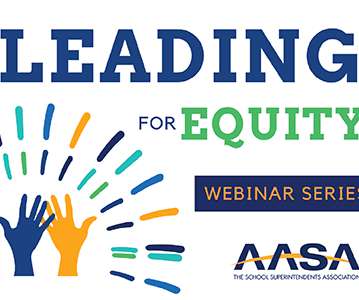What the World Can Teach the US About Education Technology
Edsurge
MARCH 24, 2019
Long-term planning and investment in infrastructure for widespread and improved access to the internet and mobile devices is critical. But what may surprise some readers of the report, released Monday, is what the United States can learn from developing nations when it comes to bringing together all parties interested in edtech.

















Let's personalize your content